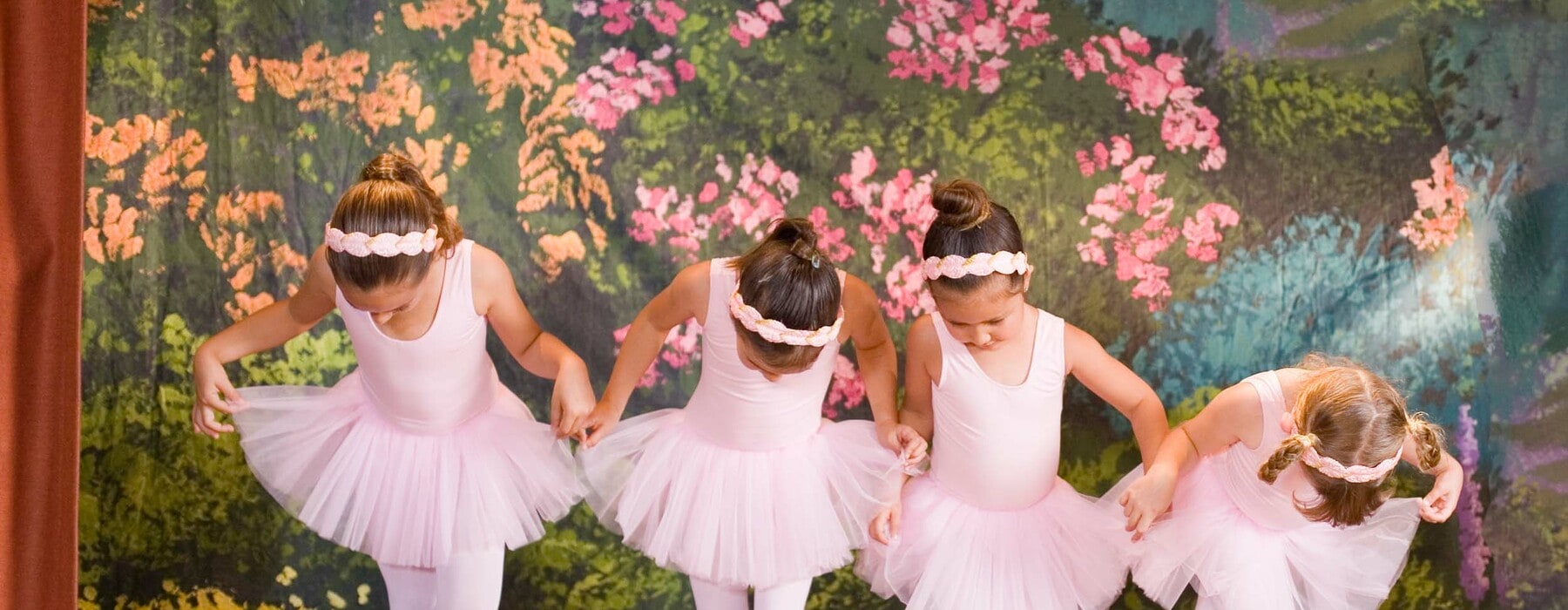Why do we feel so awkward when someone says something nice to us? Lucy Corry investigates.
Most nights, Moata Tamaira gets the ultimate compliment from her eight-year-old son and she’s happy to take it.
“As a parent, you spend a lot of time reflecting on the stuff you don’t do right, so being told that you’re the best mum in the world at bedtime feels pretty good. I’m not going to tell him otherwise.”
It might seem a small thing, but accepting any kind of compliment (even from a child with a strong bias in your favour) often makes us feel uncomfortable. You’d think that getting positive feedback would be an easy win, but the reality is often different. Why do we self-sabotage in this way? And what can we do about it?
Marc Wilson, professor of psychology at Victoria University, says there are lots of reasons to embrace compliment culture. Compliments are good at oiling the wheels of society – if I’m nice to you, you’re more likely to be nice to me – and they’re handy conversation starters (“Hello, I love your shoes!”).
More importantly though, compliments are good for our brains. If someone says something to you that you perceive as a compliment, it fires up the brain’s reward centres. In turn, this process can help to consolidate learning (for example it might help us to remember something).
“Compliments also make the complimenter feel good,” Marc says. “When someone reacts positively to a compliment, it would make sense that the complimenter experiences a similar neural reward response.”
Changing your mindset
Moata (Ngāti Tūwharetoa) readily admits she hasn’t always been receptive to positive feedback. In fact, the Christchurch web librarian says she used to be terrible at it.
“When I was a teenager and my friends would do something like compliment my outfit, I used to feel so uncomfortable. It would make me feel awful. Years later, I realised that what they were saying didn’t match up with how I felt about myself. Now, I know that if someone compliments you, it’s a gift. I very consciously say ‘thank you’ before I say anything else.”
Moata regularly posts Outfit of the Day (#OOTD) photos on Twitter and has learned to accept and cherish the friendly responses she gets in return.
“It’s a little life lesson. If you don’t agree with something good that someone says about you, I think you need to interrogate why it doesn’t match up with how you feel.”
Miserly with praise
Marc says our experience tells us that we don’t necessarily get complimented as much as our achievements might warrant – and we know that we don’t necessarily compliment others as much as we could.
“I have worked for several bosses who have said things like ‘You’re paid to do your job well, so don’t expect me to congratulate you on doing your job.’ I find this kind of thing reprehensible because it shows a lack of understanding of what motivates people, but it’s also cheap. How much effort does it take to say ‘Good job, thanks!’ ”
While people often worry that saying something positive may be misperceived as clumsy or (even worse) inauthentic, he says research into how people receive compliments shows these fears are generally unfounded.“
Research also shows that people underestimate how pleased a person is when they receive a compliment. The receiver also tends to feel that interactions aren’t as awkward as the compliment- giver perceives them to have been.”
Moata is a pro at giving compliments (“I’ve got no problem seeing what’s good in other people, it’s much easier than seeing what’s good about me”) and she’s learnt to be very focused about how she does it.
“I try to direct the feedback to the person it affects the most. In a work setting it’s usually via email or a professional development tool to the person and their boss so there’s a paper trail. They’re always so grateful – who wouldn’t be?”
Tall poppy fears
Well, not everyone. Auckland-based leadership coach Jess Stuart says being praised can activate our worst fears about what we believe about ourselves and how other people see us.
“In New Zealand, we’re often afraid of being seen as a tall poppy, or not being humble and modest about our achievements. Add imposter syndrome and you’ll feel that you have to wave away any praise because you don’t think you’re as good as people say.
“As women, we’re conditioned to believe that it matters what people think of us, so we have to be happy and smiley and lovely, but not too confident or aware of our loveliness. That’s very impactful cognitively – if you tell the brain something often enough, it will believe it to be true.”
Like Moata, Jess has learnt to strengthen her ability to accept compliments over time.
“I grew up in a world where compliments weren’t a thing, because no one wanted you to be above your station. I felt uncomfortable getting any because it never happened. Now that I’m used to getting compliments about my work, it’s lovely. It’s like finding a muscle you didn’t know existed. It feels foreign and painful at the start, but it gets easier.”
Being okay with accepting compliments is only part of the equation. People who constantly deflect approval are usually less likely to pass it on to others, Jess says.
“We can be our own worst enemies because we’re not conditioned to say great things about people. When you leave a job, people say the nicest things about you, but they never say them to your face before then.”
Who’s generous with compliments?
So what’s stopping us from dishing out the applause? Marc says gender makes a difference. Research says not only do women give more compliments than men, but they give them to other women more frequently than men give them to other men.
Sociolinguist Janet Holmes has suggested that some of the gender differences in compliment patterns reflect different functions: women compliment to bring people closer, while men’s compliments act as evaluations.
Culture plays a part too. Marc says research shows Chinese speakers appear to compliment each other less frequently than their Western, English-speaking cultural counterparts.
“This may reflect things like the greater value given to the group over the individual. Humility is also a more important cultural value and that may discourage compliment giving (and receiving).”
After living in the United States for 18 years, advertising agency resource manager Susan Trigger agrees that culture plays a big part in how we react to nice feedback. Susan says her American friends and colleagues were both more receptive to praise and more generous about sharing it.
“There’s definitely a difference between here and the US. From what I’ve experienced, people there work really hard, they want to achieve their goals and they want the kudos. They throw out a lot more compliments too.”
Susan says watching the people around her revel in positive feedback showed her a very different attitude to the modesty instilled in many Kiwis.
“When I was growing up in New Zealand, if someone said something nice to you you’d shrug it off. If someone told you they liked your shirt, you’d say ‘Oh this? It’s really old.’ You’d play it down.”
Now living in New Plymouth, Susan says she’s learnt to gratefully soak up all the good vibes that come her way.
“The other night I was out walking the dog, all sweaty in shorts and a T-shirt. A friend who was driving by stopped and told me I looked really good. I just laughed and said, ‘Thanks!’
“If you’re not confident then you might not feel like you deserve a compliment, but it’s always nice to get positive feedback, isn’t it? Open yourself up to it.”
That makes sense to Moata, who responds to her son’s nightly compliment by telling him that he’s the best kid in the world.
“We hold on to the shitty stuff and forget the nice things, but it should be the other way around. I try to put out there what I’d like to receive,” she says.








